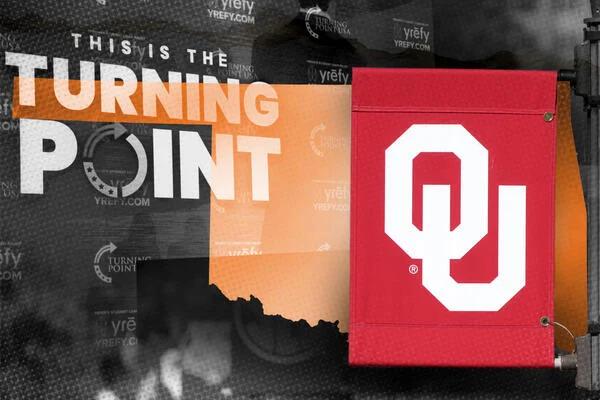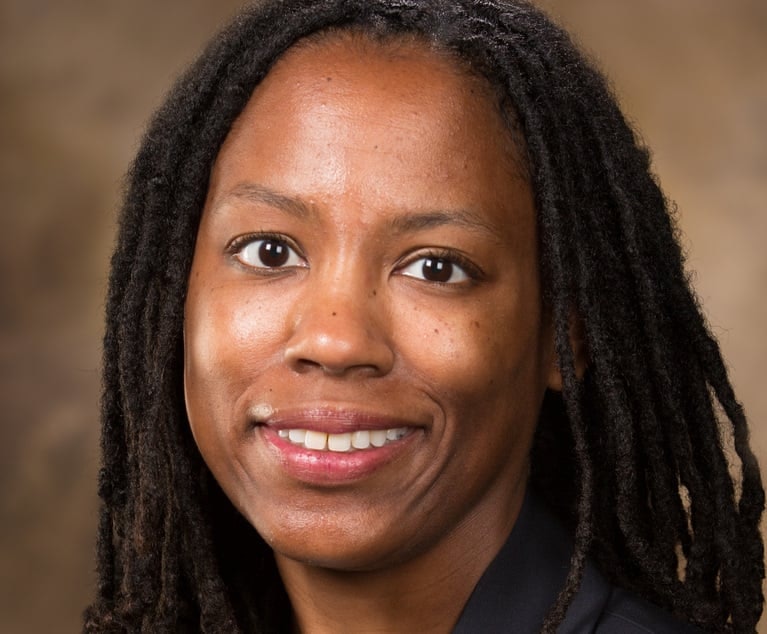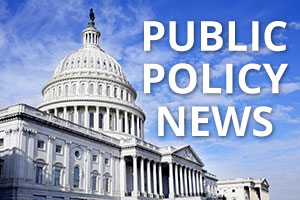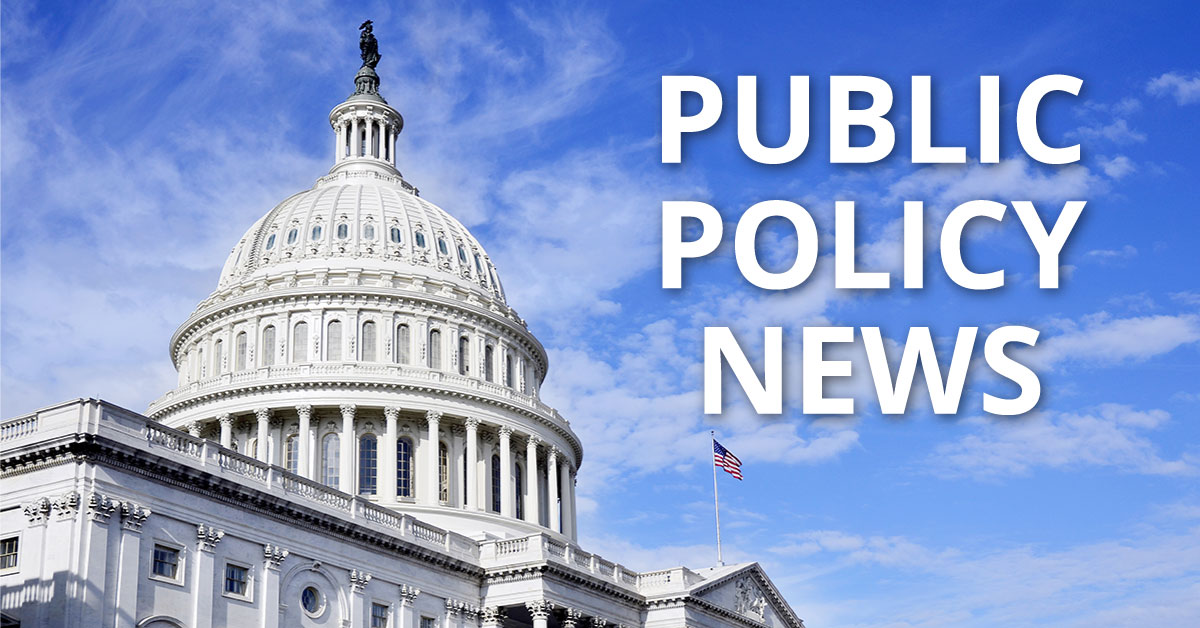The University of Oklahoma put a lecturer on administrative leave last week for allegedly exercising “viewpoint discrimination” five days after a different instructor was placed on leave for alleged religious discrimination.
Kelli Alvarez, an assistant teaching professor focused on race and ethnicity in literature and film, allegedly encouraged students to miss her English composition class to attend a protest in support of Mel Curth, a graduate teaching assistant in the psychology department who was removed from teaching after a student filed a religious discrimination complaint against her. Alvarez said she would excuse the absences of students who attended the protest. But according to university officials, she did not extend the same offer to students who intended to miss class that day to “express a counter-viewpoint.”
“Immediately upon learning of the situation, the Director of First-Year Composition told students in class today and by email that the lecturer’s actions were inappropriate and wrong, and that the university classroom exists to teach students how to think, not what to think. The Director further stated that any student, regardless of viewpoint, would be excused if absent from class today to attend the protest without penalty, and that the lecturer had been replaced, effective immediately, for the remainder of the semester,” officials wrote in a statement Friday. “Classroom instructors have a special obligation to ensure that the classroom is never used to grant preferential treatment based on personal political beliefs, nor to pressure students to adopt particular political or ideological views.”
Spokespeople for the University of Oklahoma did not respond to Inside Higher Ed’s request for comment. An X post by the University of Oklahoma chapter of Turning Point USA, a conservative student group founded by the late Charlie Kirk, said that the chapter president, a student in Alvarez’s class, had asked to miss class in order to counterprotest.
“Kalib Magana, student in professor Alavarez’s [sic] class and TPUSA OU president, asking to counter-protest was denied the same option unless a large, documented group could be organized,” the chapter wrote. “Kalib filed a report with The University of Oklahoma’s Equity Office for ‘discrimination of a viewpoint’ and freedom of speech violations Friday morning.”
Hundreds of students, faculty, staff and community members rallied Friday in support of Curth, who is on leave after giving a junior psychology student, Samantha Fulnecky, a zero on a reaction essay assignment. In her explanation about the grade, Curth said that Fulnecky did not answer the assignment’s questions, that her essay contradicted itself and that it “heavily uses personal ideology over empirical evidence in a scientific class, and is at times offensive.” A second teaching assistant for the course concurred with Curth’s grade.
Fulnecky fought back, appealing to the president of the university and the governor of Oklahoma, arguing that she was unfairly given a failing grade because her essay cited the Bible and discussed her religious beliefs. Though university officials said the grading dispute was settled last week, Curth was put on leave pending investigation after Fulnecky filed a formal religious discrimination complaint.
The university’s TPUSA chapter helped whip the story into a social media storm. The news caught fire, offering something for everyone to comment on. Supplied with the full essay, assignment instructions and rubric, academics online debated how they would have scored Fulnecky’s essay. Others blasted her writing skills. Conservatives, including Fulnecky’s mother, used the story to fuel a narrative of persecution against Christian students by “woke” academics. “Individuals who identify as trans should be automatically disqualified from holding any position as teacher or professor,” one X user commented, which Samantha Fulnecky’s mother, lawyer and conservative radio commentator Kristi Fulnecky, reposted.
Liberal commenters pointed to the incident as another example of genderqueer faculty being unfairly maligned and doxed. “Mel Curth should be reinstated,” a user wrote on Bluesky. “I’m sorry, but religious freedom does not mean you as a student get to write out a genocidal screed wishing for your teachers death & eternal torture.”
During a meeting Thursday, the University of Oklahoma Graduate Student Senate passed a resolution calling for greater transparency and protection for graduate teaching assistants on leave and under investigation. The resolution also said that Curth was justified in giving Fulnecky a zero on the assignment and called on the university to publicly apologize to the professor for failing to protect her from the bullying and harassment the case has incited.
The Oklahoma University chapter of the American Association of University Professors made a similar call to administrators, KOKH reported. “Disturbingly, OU has not made a public statement stating that it vigorously defends instructors, including transgender instructors, from harassment, discrimination, and even reported death threats,” the chapter told KOKH in a statement.








